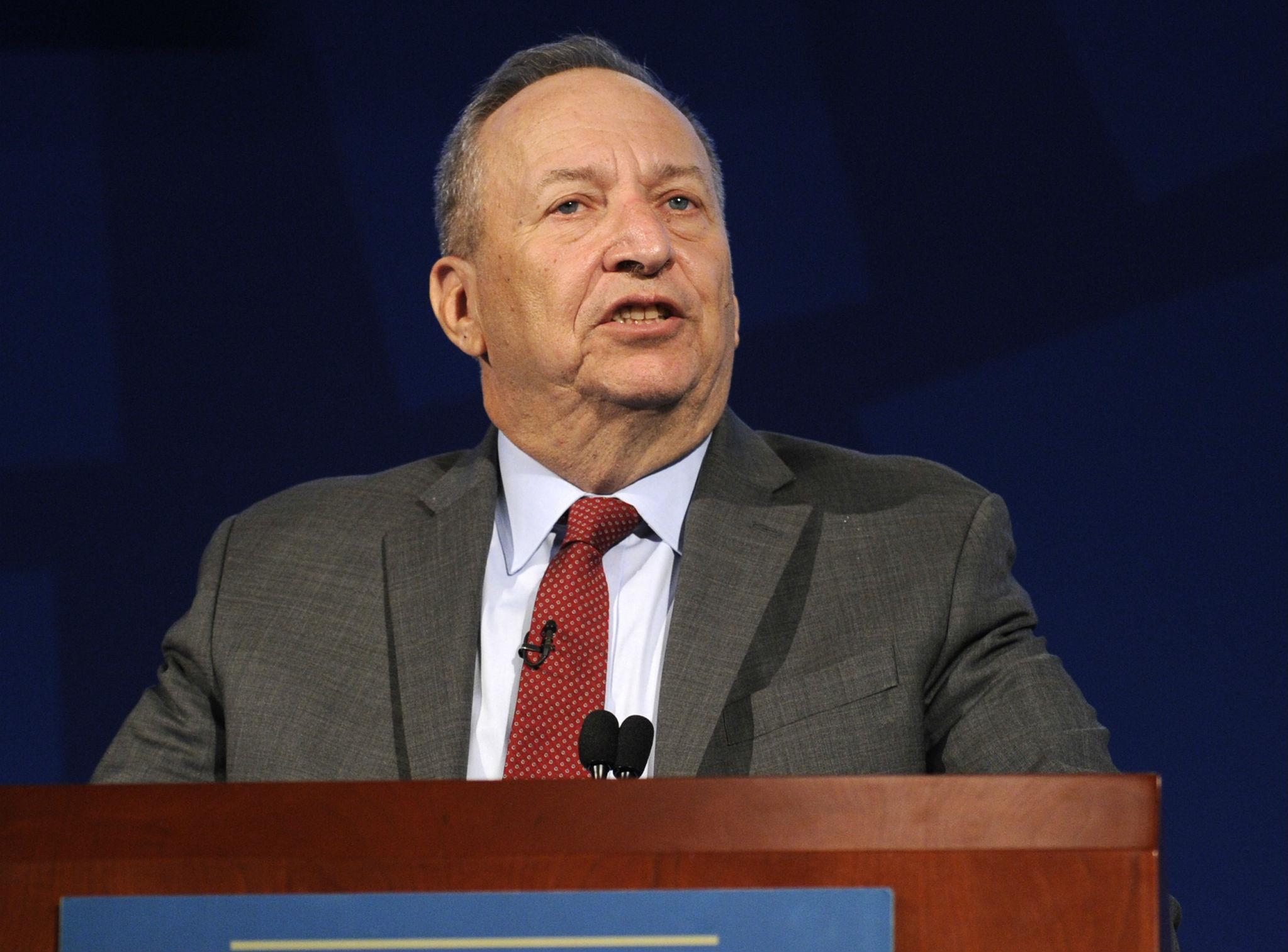Trump's 'dangerous' tax reforms could kill 10,000 people a year, says former Treasury secretary Larry Summers
The bill includes a provision that would repeal Obamacare’s individual mandate

Your support helps us to tell the story
From reproductive rights to climate change to Big Tech, The Independent is on the ground when the story is developing. Whether it's investigating the financials of Elon Musk's pro-Trump PAC or producing our latest documentary, 'The A Word', which shines a light on the American women fighting for reproductive rights, we know how important it is to parse out the facts from the messaging.
At such a critical moment in US history, we need reporters on the ground. Your donation allows us to keep sending journalists to speak to both sides of the story.
The Independent is trusted by Americans across the entire political spectrum. And unlike many other quality news outlets, we choose not to lock Americans out of our reporting and analysis with paywalls. We believe quality journalism should be available to everyone, paid for by those who can afford it.
Your support makes all the difference.About 10,000 more Americans will die each year if Donald Trump signs tax legislation into law that repeals Obamacare’s requirement that most individuals purchase health insurance, according to economist Larry Summers.
“I think this bill is very dangerous,” said Mr Summers, former Treasury secretary under Bill Clinton and White House economic advisor under Barack Obama.
“When people lose health insurance, they're less likely to get preventive care, they're more likely to defer healthcare they need, and ultimately they're more likely to die,” he told CNBC’s Squawk Box.
On the show, Mr Summers debated the matter with Ken Langone, a benefactor of the NYU Langone Medical Center. Mr Langone expressed doubt that Mr Summers’ fears would come to fruition, citing quality of care and increased life expectancy.
“Frankly, this argument that people are going to die is a little bit more emotional than I think the issue calls for,” Mr Langone said.
In a 51-49 vote in the wee hours of Saturday morning, Senate Republicans approved a measure that Mr Trump claimed was “the largest tax cut in the history of our country”.
The bill includes a provision that would repeal Obamacare’s individual mandate, which requires Americans not covered by their employers to purchase insurance on the exchanges.
The proposal, which is part of Republican efforts to repeal Obamacare, would lead to 13 million people losing their health insurance over the next decade, according to the nonpartisan Congressional Budget Office.
Opponents of the individual mandate have called it an unwarranted intrusion on personal freedom and say it forces people to buy insurance they do not want or cannot afford.
In an op-ed he wrote for the Washington Post, Mr Summers drew on two different studies from the Urban Institute and the Chan School of Public Health, which estimated that one person in a range of 176 to 830 people die when they lose health coverage.
A 2009 study by the National Institutes of Health, conducted before Obamacare was passed, found no relationship between the mortality risk of the insured and uninsured.
“It is not possible to draw firm causal inferences from the results of observational analyses, but there is little evidence to suggest that extending insurance coverage to all adults would have a large effect on the number of deaths in the United States,” the study said.
The Senate tax plan must still be reconciled with the House of Representatives’ proposal, which does not include a repeal of the individual mandate.
That final bill must be approved by both chambers of Congress before Mr Trump can sign it into law.
Join our commenting forum
Join thought-provoking conversations, follow other Independent readers and see their replies
Comments